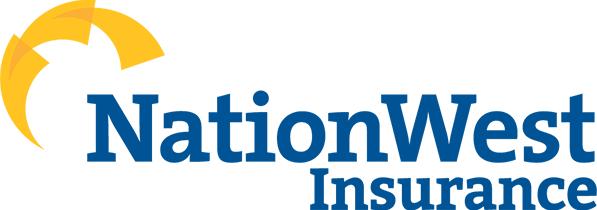
Business Insurance 101 – What You Need to Know
March 10, 2018
Insurance protects you from losses that may pose a significant threat to your business operations. A major loss to one organization may be a trivial loss to another. When selecting coverage, deductibles and policy limits, there are many factors to consider. Key Types of Business Coverage Every organization requires its own set of coverages. Common business policies include: Accounts Receivable Business Income Business Interruption Commercial Automobile Commercial General Liability (CGL) Commercial Property Crime Directors’ and Officers’ Liability Home Business Professional Liability, also known as Errors and Omissions.
Deductibles
Deductibles ensure that insurance does what it is intended to do – pay for substantial losses, not minor ones. Essentially, the deductible is the amount for which you are self-insured. Deductibles help to keep premiums low. The higher the deductible you select, the lower your annual insurance premiums will be. To determine the amount for which you are prepared to self-insure, consider the following: Look at the premium levels for various deductible options. The money you save on the premium by raising the deductible may or may not be worth it. Consider talking with a risk management consultant to determine optimal deductible levels. 3 Notes on Policy Limits You want adequate coverage without being over-insured and paying too much. To make an accurate calculation, work with your insurance broker and consider the following: The value of your property. If you lost everything in a fire, what would it cost to rebuild and replace all of your possessions? Your potential liability exposures. Property is only one aspect of what insurance covers. Insurance also provides potential protection in the event of a lawsuit. It pays for legal costs and damages if you’re found to be liable for a person’s injuries and/or damage to their property. Some businesses have higher liability risks than others. For instance, a nightclub that serves alcohol is more vulnerable to potential lawsuits and requires higher liability limits. Past losses. Use your claims history as a guide when comparing quotes for different policy limit options.
Wondering about Water Damage?
With severe weather happening more frequently, water damage is plaguing home and business owners. There are circumstances under which water damage to your business will be covered. It all depends on the coverage you purchased in your insurance policy. Insurance options may be available for situations such as: Inventory that is destroyed by water gushing from a broken water pipe or water entering from openings caused by an insured peril, such as wind Water or raw sewage that backs up through your floor drains – depending on your circumstances, you may be able to purchase sewer backup coverage.
Establish Regular Communication with Your Insurance Broker
The more your insurance broker knows about your organization, the better prepared he or she is to advise you about changes in the marketplace, as well as the type and amount of insurance you need. By implementing risk management strategies you may be able to eliminate or mitigate key risks and save money on your premiums. Be sure to periodically review your policies with your insurance representative. Over time, your organization may grow and your need for certain coverage may increase. Or, as your business evolves, you could find yourself paying for coverage that you no longer require.
For more information, visit Small Business Insurance or call 204-453-8888 to speak with one of our commercial representatives.

